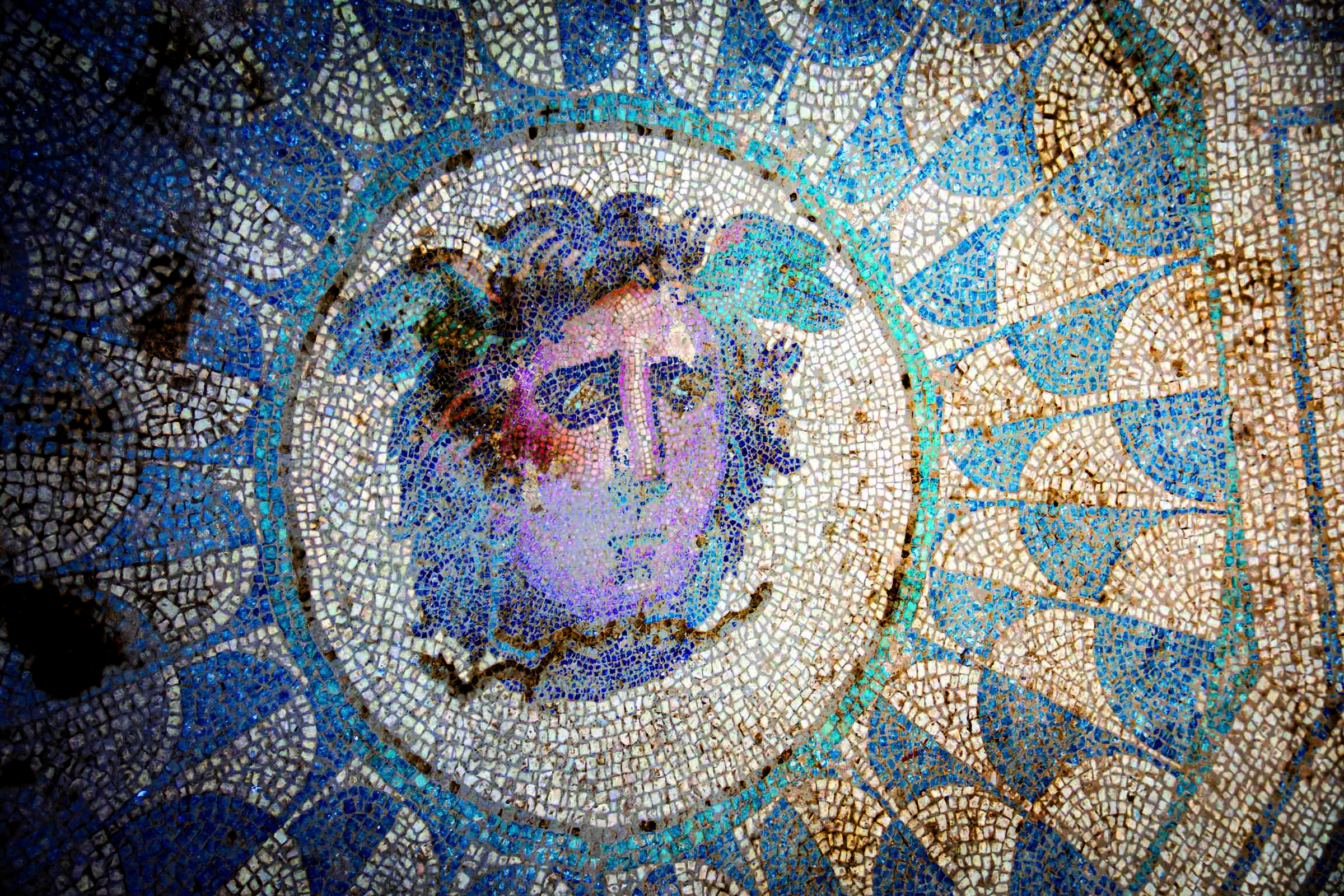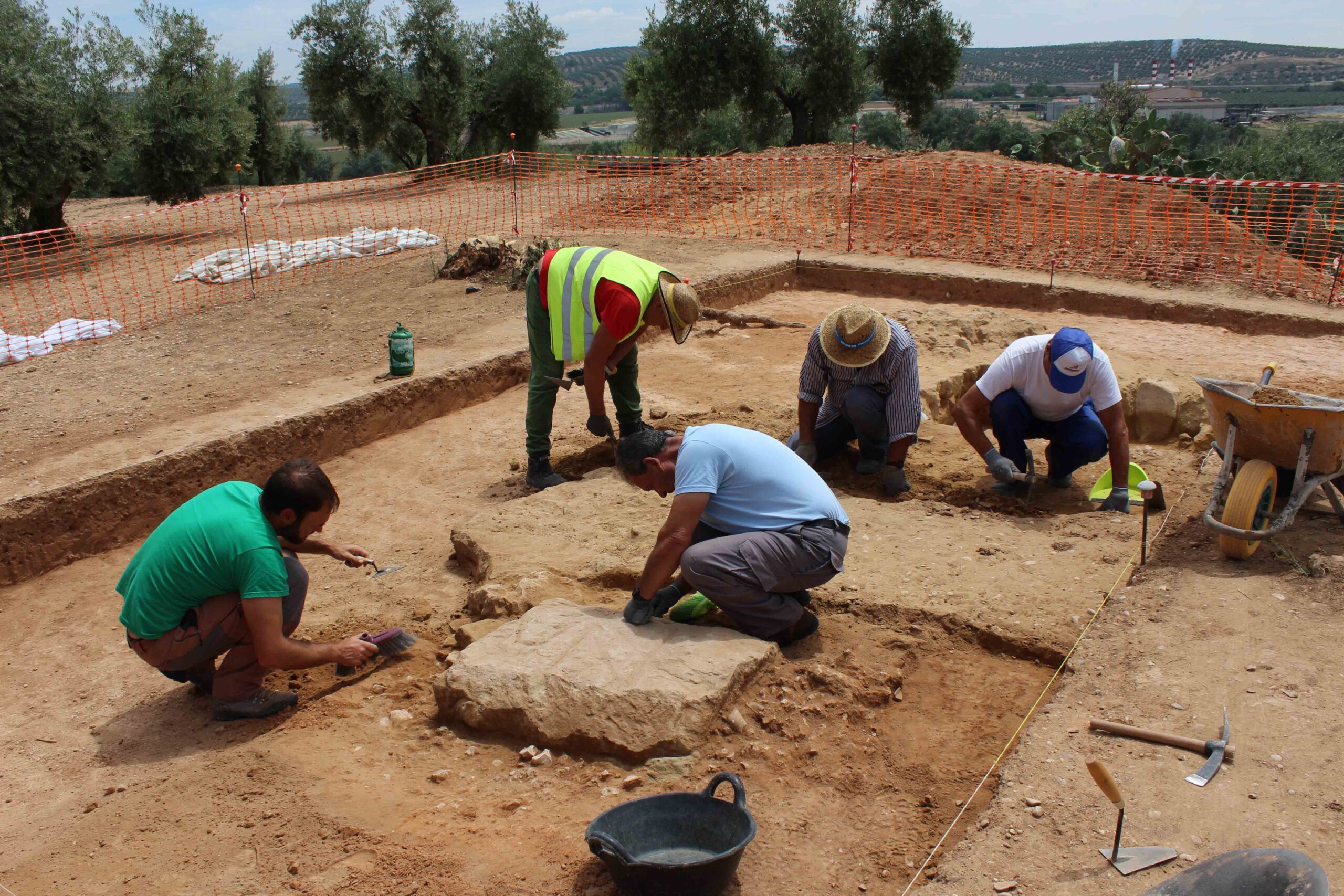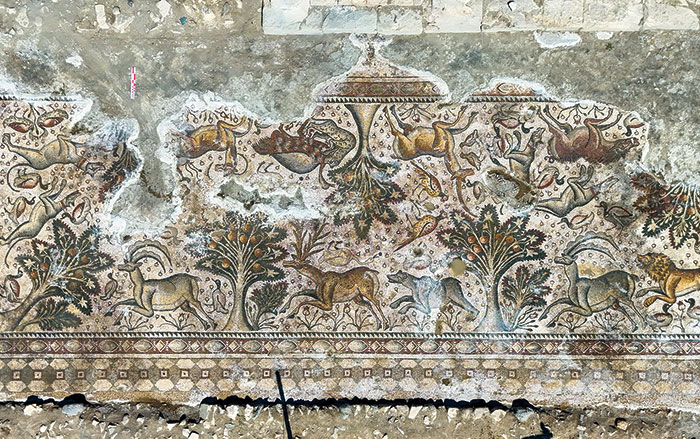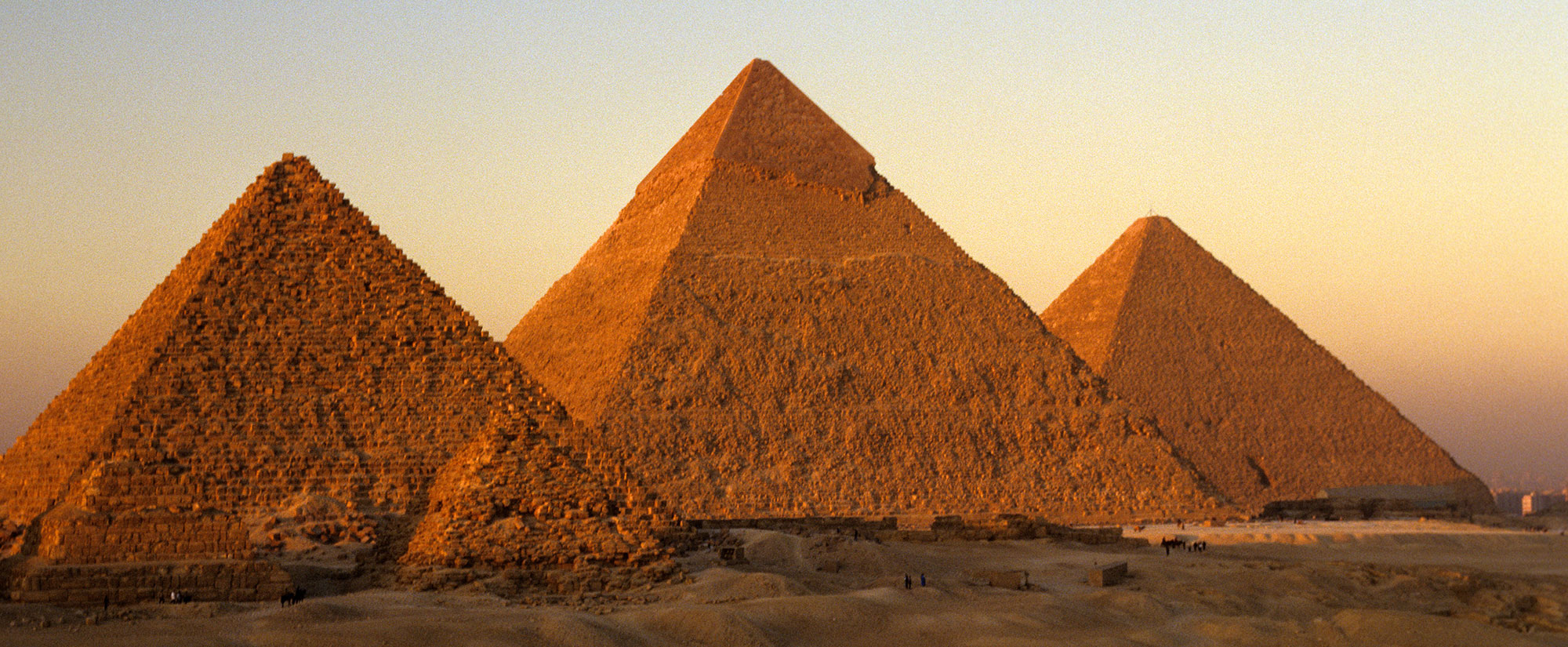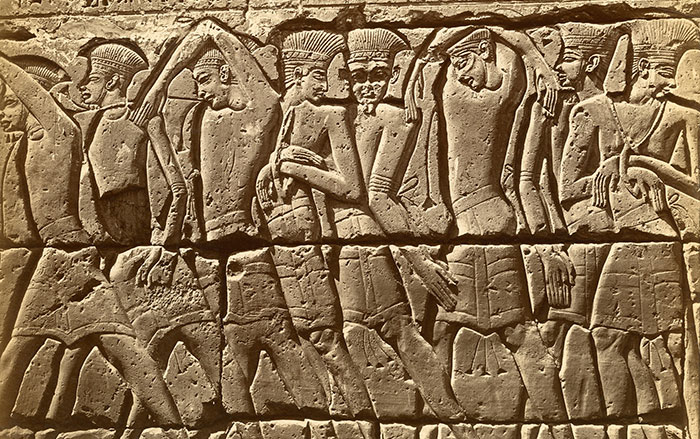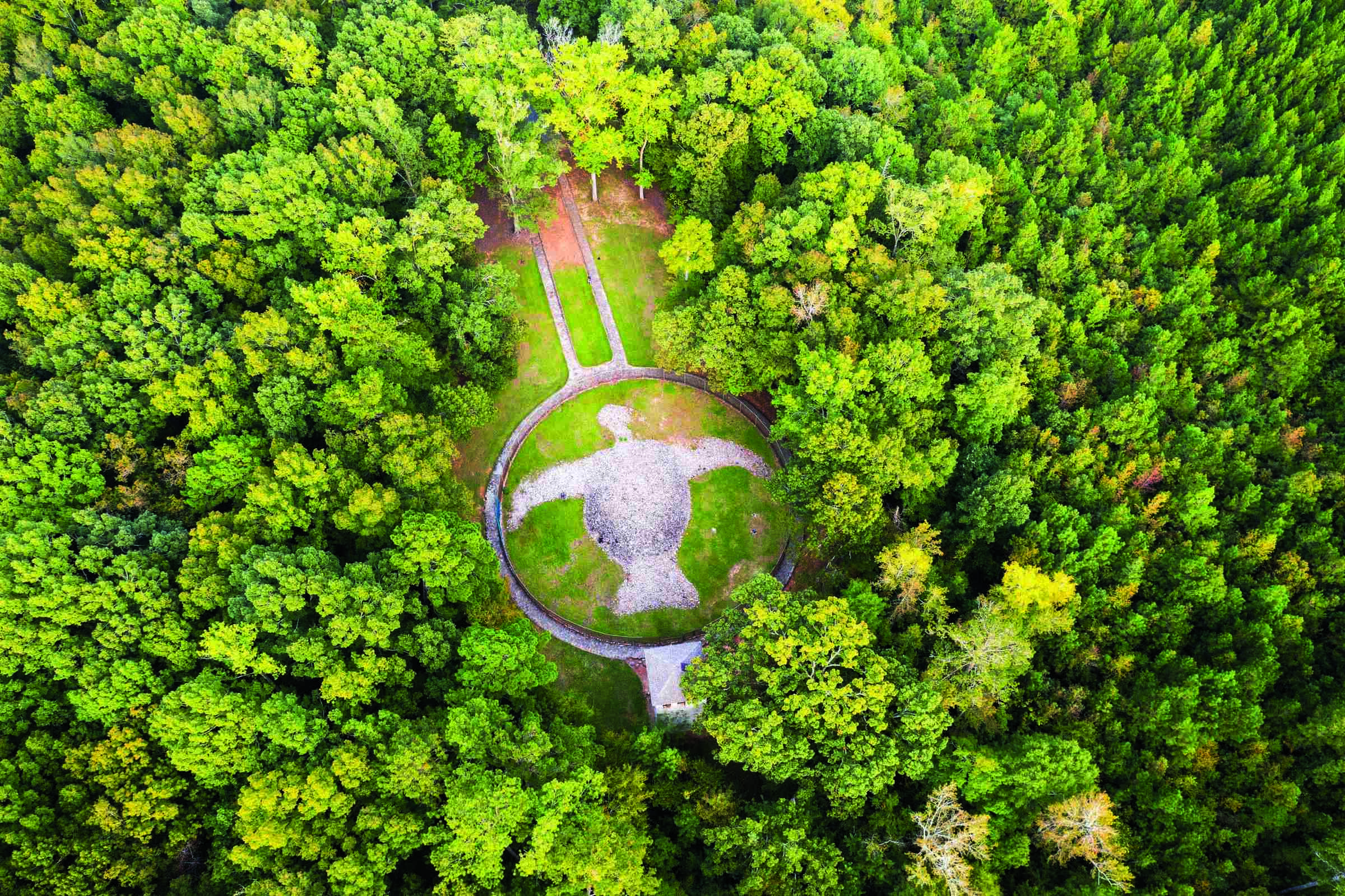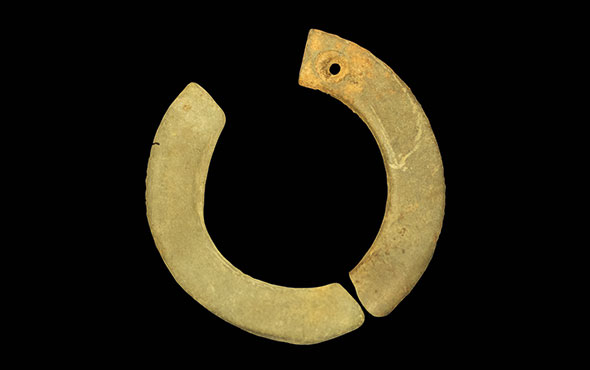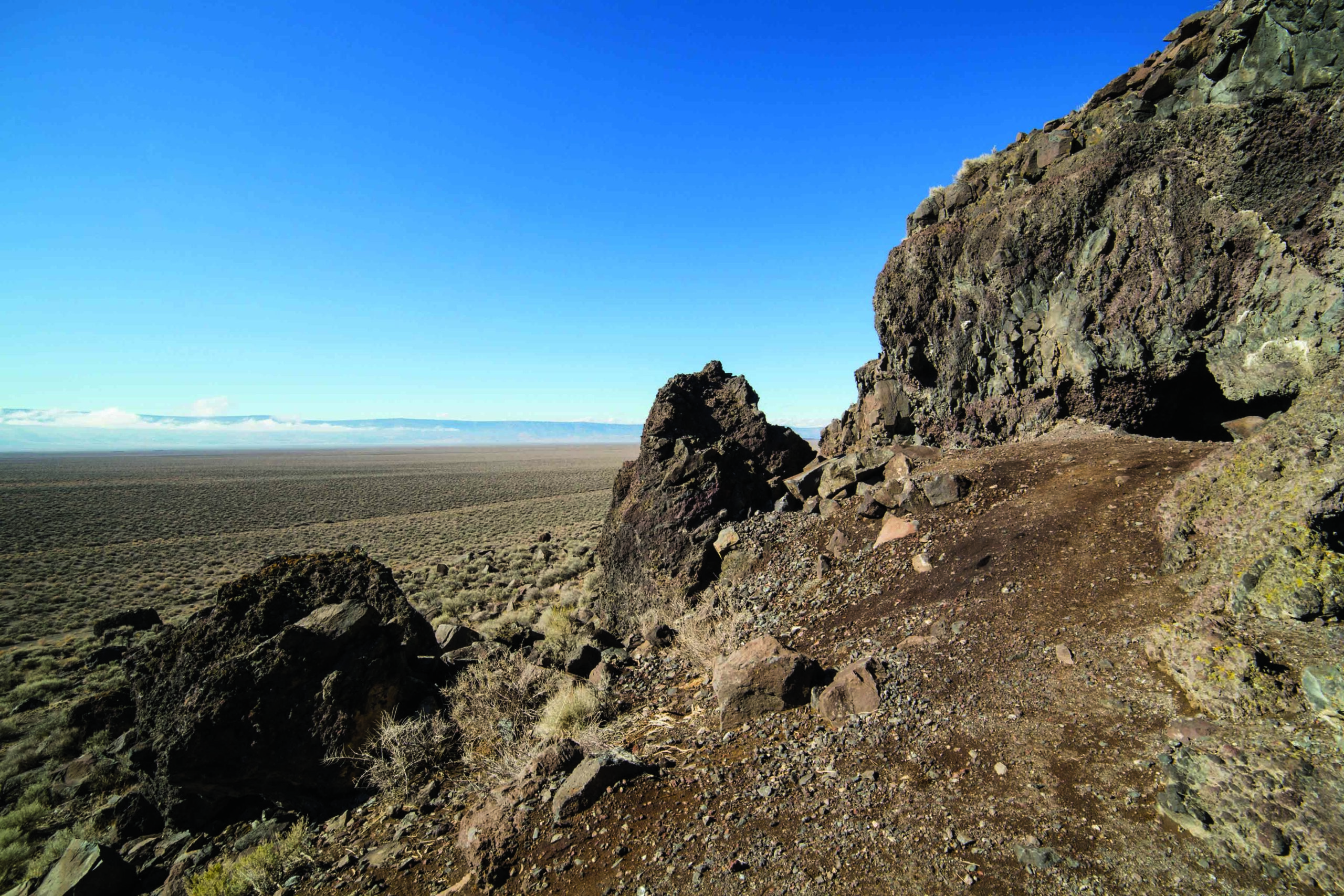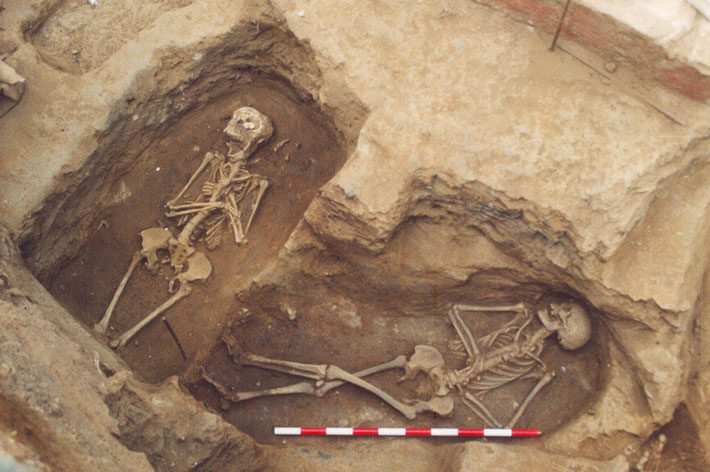
BARCELONA, SPAIN—El País reports that analysis of 41 burials uncovered in the Vila de Madrid necropolis, which was located in northeastern Spain near the site of the Roman city of Barcino, reveals that the funerary banquets and grave offerings from the second century A.D. to the mid-third century A.D. resembled everyday meals. According to Domingo C. Salazar-García of the University of Valencia and his colleagues, Romans followed rules requiring that the remains of a sacrificed animal be placed in every grave to provide food for the deceased in the afterlife. The researchers compared the chemical composition of the bones and teeth of the dead with the food left in each person’s grave. The results of the study suggest that the diet provided for the afterlife of most of those buried in the necropolis was much like their everyday diet, in that the rich had been provided with more expensive cuts of meat, while no animal bones were recovered from some of the graves, and a few individuals had radically different diets from the rest. Inequalities present in life may have also been present in funerary rituals, the researchers concluded. Read the original scholarly article about this research in PLOS ONE. To read about a peculiar burial custom at a Roman cemetery in England, go to "Foreign Funeral Rites."


